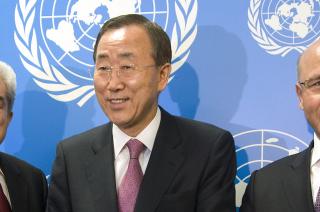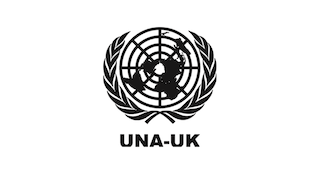There’s no template for UN staff members – they’re drawn from all 193 member states and work in a huge range of different roles in offices and field positions around the world. These include jobs in law, political affairs, peacekeeping, human rights, research, administration and finance. The UN workforce also comprises positions such as medical doctors, psychologists, language specialists and public information officers.
UN job networks
The UN's approach is rooted in an interactive partnership between staff, managers and the Organisation. Through a wider range of support services, the UN aims at maximising staff members' career development and helping them grow as individuals and professionals.
To achieve this, the UN has established 8 job networks which help to promote careers opportunities for staff members. Each network is a flexible grouping of departments and offices whose areas of work are closely linked. They reflect the broad nature of the work the UN undertakes.
Members of staff at the UN can join one or more of these 8 job networks. As part of a network, United Nations employees can access multidisciplinary opportunities for developing new skills, and gain exposure to the different parts of the Organization.
It's sensible for candidates who hope to work at the UN to research these networks and the jobs associated with them, in order to gain a better understanding of the types of roles available and the fields that the UN operates within.
The 8 job networks are as follows:
- Economic and Social Development
- Management and Operations Support
- Political, Peace and Security
- Information Systems and Communication Technology
- Legal
- Public Information and External Relations
- Conference Management
- Safety and Security
Find out more about the UN’s job networks on the UN Careers website.
Photo: Secretary-General meets Greek Cypriot and Turkish Cypriot leaders, copyright UN Photo 01 February 2010.




